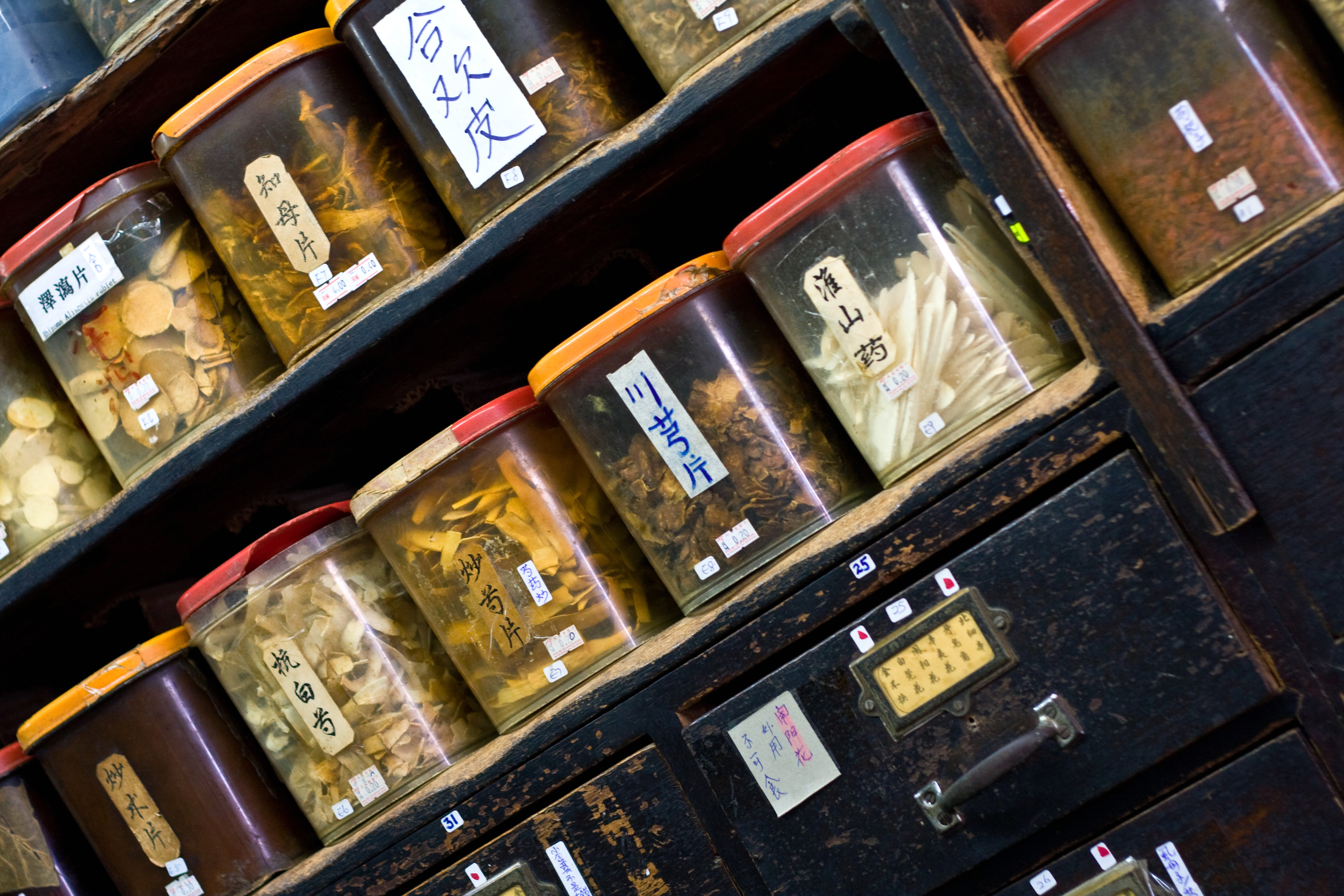
2017년 3월 8일
Illumina and the Institute of Medicinal Plant Development (IMPLAD) have signed a deal to create the world’s first catalog of genomic references for medicinal plants used as sources in Traditional Chinese Medicines (TCM). TCM has evolved over thousands of years to combine modern medicine with ancient Chinese medicinal practice, including various forms of herbal medicine, acupuncture, and massage.
TCM products represent a large group of medicinal products in East Asia and increasingly around the world, with the annual sales exceeding 60 billion US dollars for pharmaceutical products, and an even larger volume in health foods. However, because pharmaceuticals and health food are made of various plant materials, the lack of chemical consistency has been a challenge to obtain products of consistent quality in terms of safety and effectiveness.
The genomic reference will be established in two phases. The first phase will establish a genomic reference for approximately 500 medicinal plants used in TCM by using Illumina next-generation sequencing (NGS) platforms. After completion and review of the first phase, IMPLAD and Illumina may negotiate a renewal agreement to sequence another 500 medicinal plants to complete the genomic reference for the One Thousand Medicinal Plant Genome (1KMPG). The 1KMPG consortium, organized by Professor Chang Liu from IMPLAD, has maintained live specimens or seeds from more than 5,000 medicinal plant species. Illumina, the global leader in NGS, has expanded its presence and collaborations in China.
“Illumina technologies have been the main driving force in sequencing based in cancer and prenatal health. These methods, when combined with modern drugs, aim to improve people’s lives. It is truly exciting to expand Illumina’s influence in TCM, and to help to standardize the practice of traditional medicine worldwide,” said Molly He, PhD, Illumina’s Senior Director of Research and Head of Illumina’s China Collaboration Center.
“This is the best example of where east meets west. Illumina’s technology will unlock ages of TCM’s mysteries. It may also open another huge market opportunity for Illumina,” said Ruilin Zhao, PhD, Illumina’s General Manager of China.
“Illumina NGS technology will enable researchers to obtain the complete chloroplast genome sequences from the plant species in TCM,” said Professor Xiaobo Sun, IMPLAD’s Director. “This will help to distinguish closely related species that have been traditionally difficult to identify. We anticipate this method can be incorporated into future versions of the Chinese pharmacopeia.”
IMPLAD will collect and annotate all plant species described in the Chinese Pharmacopoeia 2015, an official compendium of drugs covering Traditional Chinese and western medicines. Illumina will sequence all the DNA samples. IMPLAD will then assemble and annotate the complete chloroplast genomes with assistance from Illumina.
“With the rapid development of TCM markets around the world, a genomic reference for the plant species used in Chinese medicine would ensure the quality, safety and effectiveness of TCM products,” said Professor Shilin Chen, Director of the Institute of Materia Medica, an arm of the Chinese Academy of Medical Sciences and Peking Union Medical College.
“We anticipate the results of these findings will aid in the determining the accuracy of biological contents of TCM products around the world,” added Professor Tommy Chen from Yale University and the Chairman of the Consortium for the Globalization of Chinese Medicine.
“It is fascinating to see the synergy between modern and ancient approaches to improve health care together,” said Mostafa Ronaghi, PhD, Senior Vice President and Chief Technology Officer of Illumina.


